Although English is spoken in all hotels, shops and restaurants, it’s always appreciated if you can say the odd word or phrase in Tahitian. It’s also useful to learn a few simple French phrases, as both Tahitian and French are the two official languages of French Polynesia.
PARAU TAHITI ‘OE? – Do you speak Tahitian?
Certain Tahitian words, like taboo and Mana, have already made their way into the English language. Other phrases are spoken so often that you’ll soon get used to them, like ‘aita ‘e pe’ape’a’, which means ‘no problem’ and ‘popa’a’, which means ‘white foreigner’. So while you’re in The Islands of Tahiti, why not learn a bit of the local lingo?
Saying hello
Hello is ‘Ia ora na! (usually pronounced more like ‘yoranna’). ‘E aha to ‘oe huru means how are you? to which you reply Maita’i (Fine) or Maita’i roa (very well).
Thank you
Thank you is māuruuru. Thanks very much is māuruuru roa and no thanks is ‘aita māuruuru.
Goodbye
Nānā
Yes and no
A definite yes is ‘E!, perhaps is ‘A! and no is ‘Aita!
The glottal stop, accents and confusion
The glottal stop is common in Tahitian and is used as a consonnant, but written as an apostrophy and places the stress on the following syllable. Certain vowels have accents (ā, ē, ī, ō and ū) which give subtle differences to their prononciation. And some words with very different meanings are pronounced in almost the same way to the western ear. Your mispronunciation will give Polynesians great pleasure!
For example:
– Te ū means milk, Te hū, means to fart.
You’ve been warned!
A short English/Tahitian dictionary
| ENGLISH | TAHITIAN |
|---|---|
| Welcome | maeva, manava |
| Hello | ‘ia ora na |
| Goodbye | nana |
| Thanks | mauruuru |
| Thanks very much | mauruuru roa |
| Yes | e, ‘oia |
| No | ‘aita |
| How are you? | ‘e aha te huru? |
| Fine, thanks | maita’i mauruuru |
| No problem | ‘aita ‘e pe’ape’a |
| Cheers! | manuia! |
| Come over here! | haere mai! |
| Man, husband | tane |
| Women, wife | vahine |
| Handsome, pretty | nehenehe |
| Big | nui |
| Good, well | maita’i |
| Sky | ra’i |
| Flower | tiare |
| Islet | motu |
| Sea | miti |
| Ocean | moana |
| Meal, food | ma’a |
| Archeological site | marae |
| Song, chant | himene |
| Traditional dance | ‘ori |
| Drum | pahu |
| Let’s dance | ‘ori ana’e |
| Outrigger canoe | va’a |

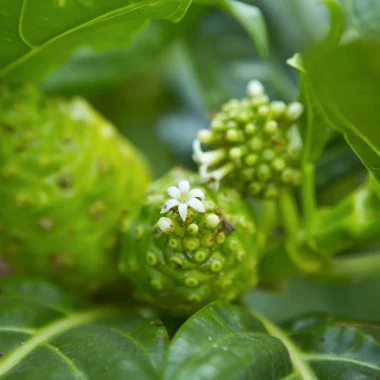
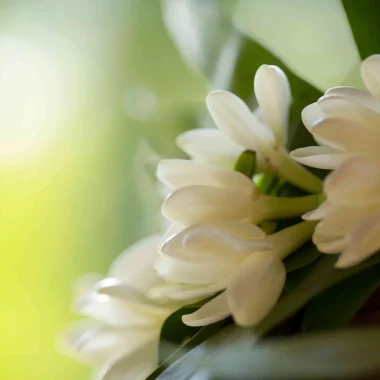
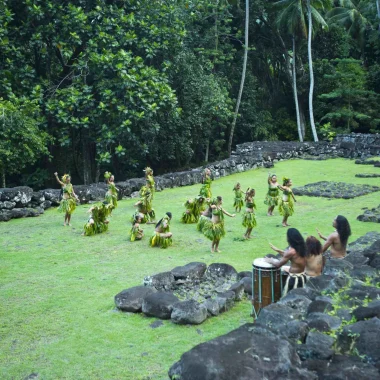
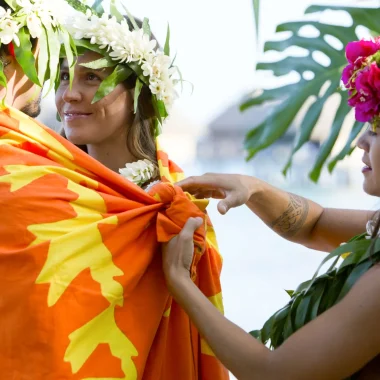

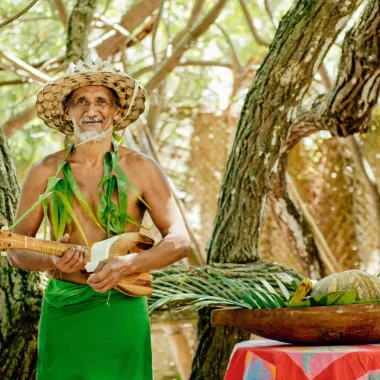
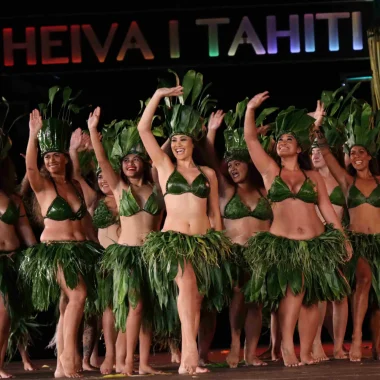
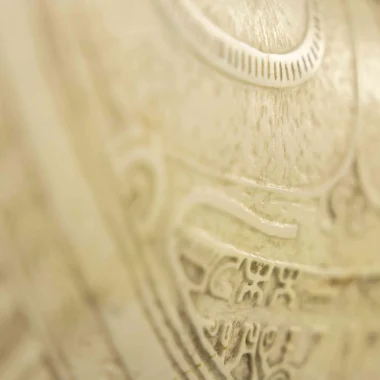
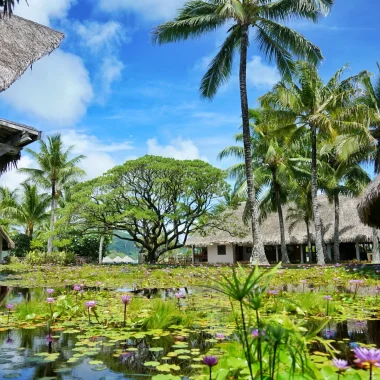

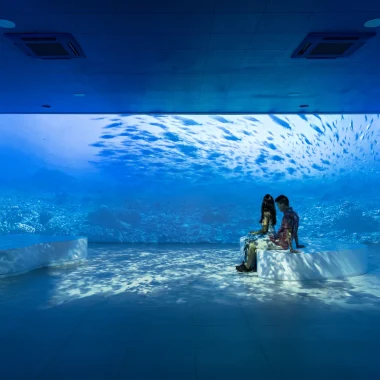
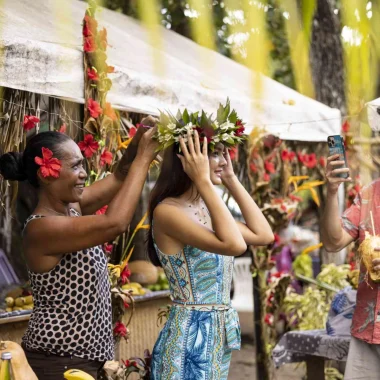
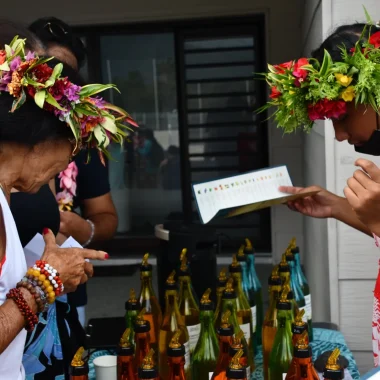


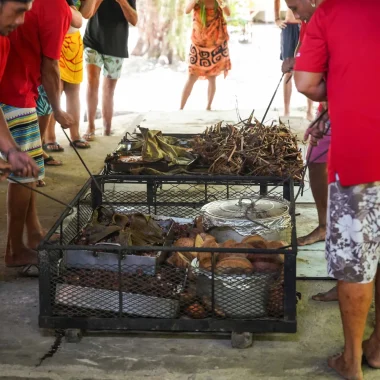

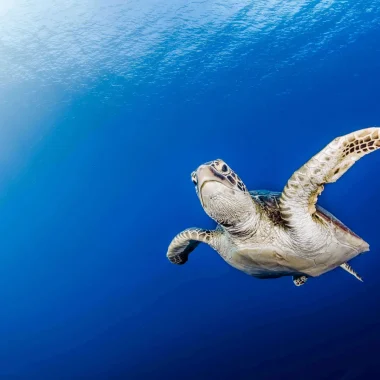
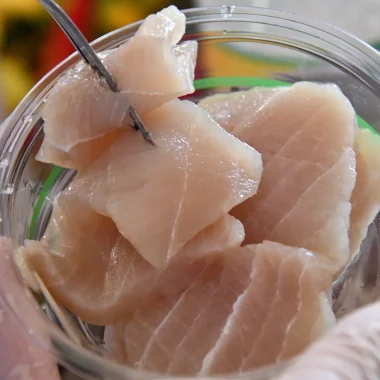
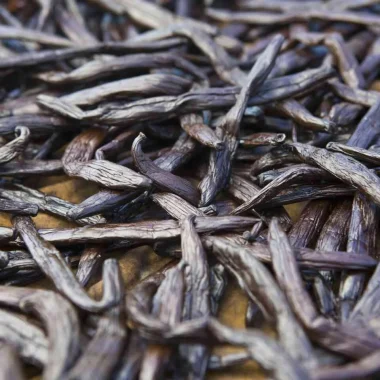
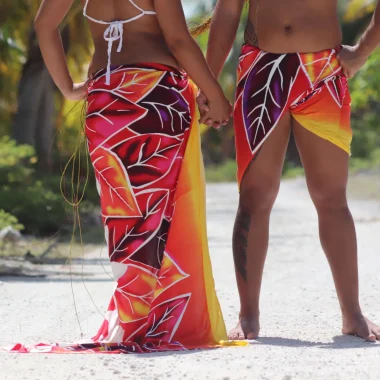
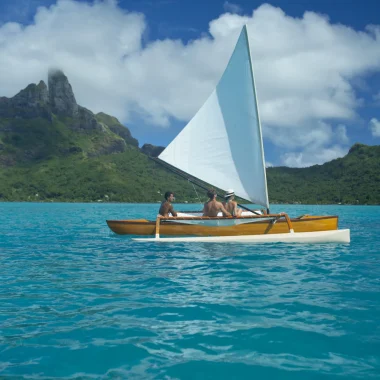
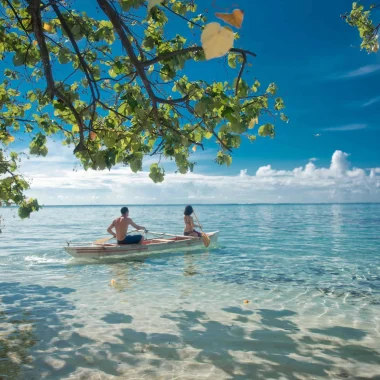
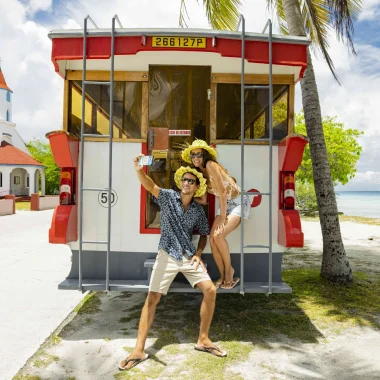
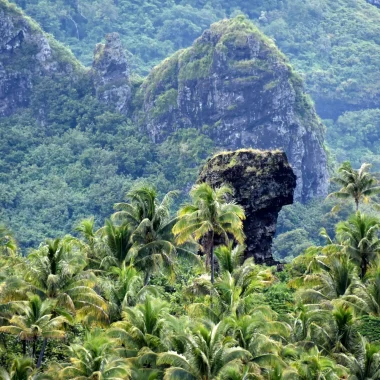
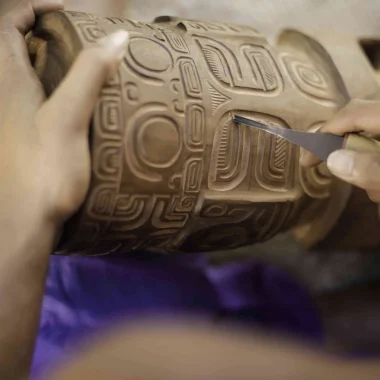
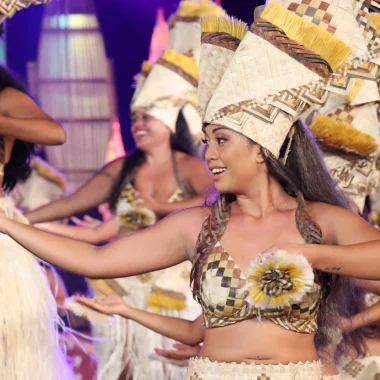
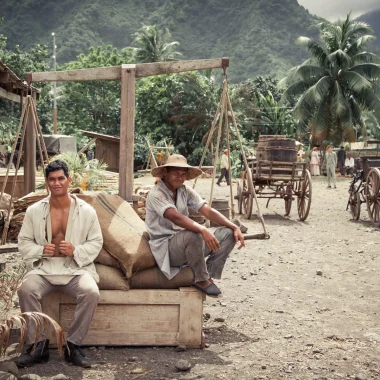
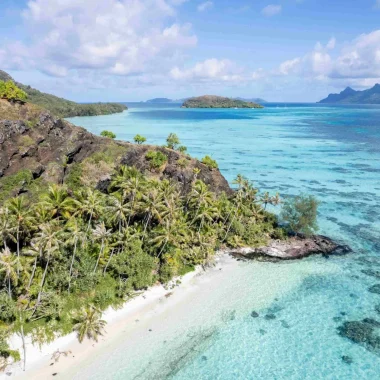
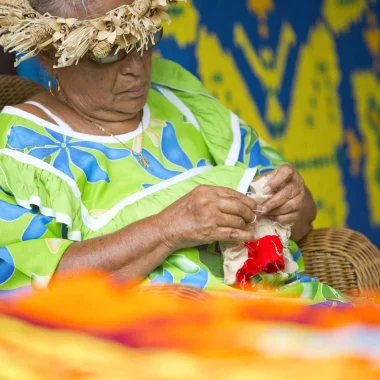
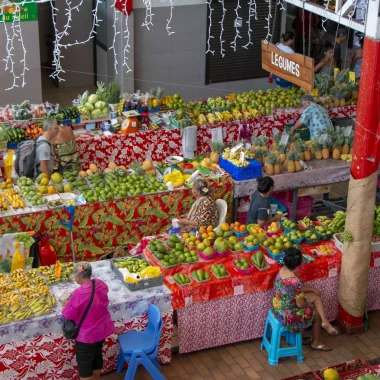
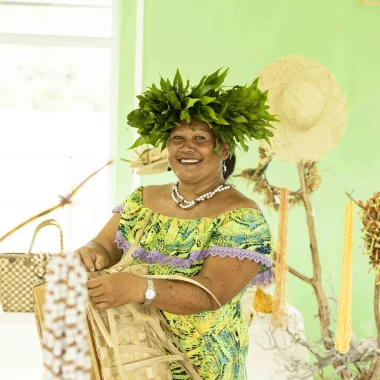
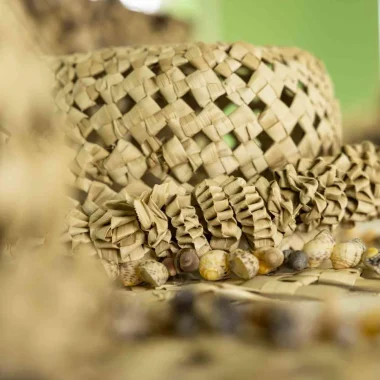
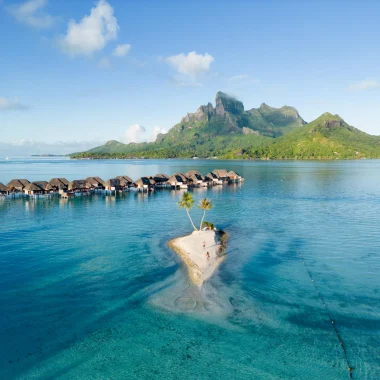
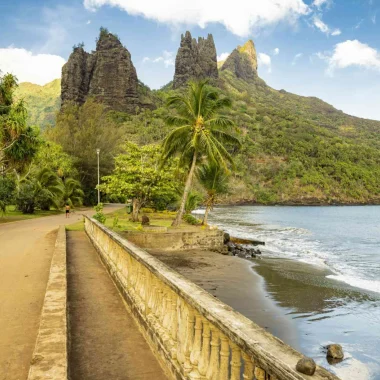
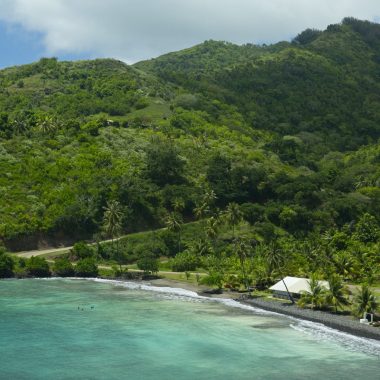
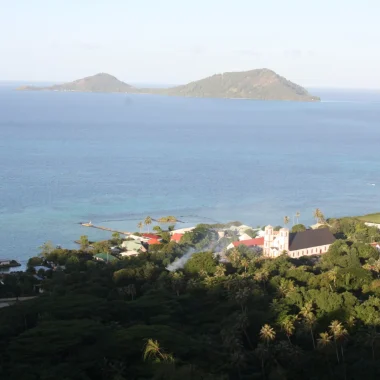
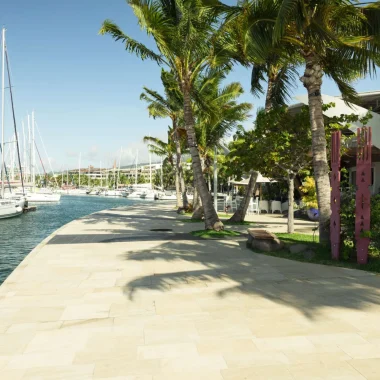
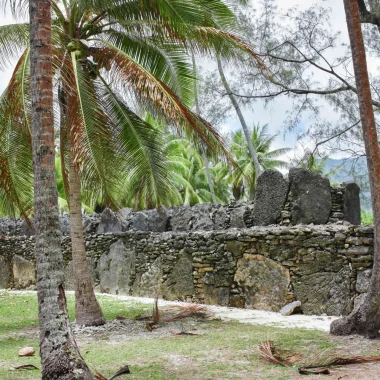
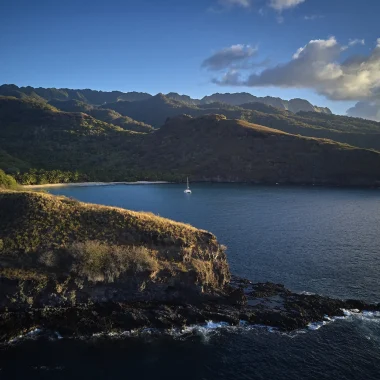
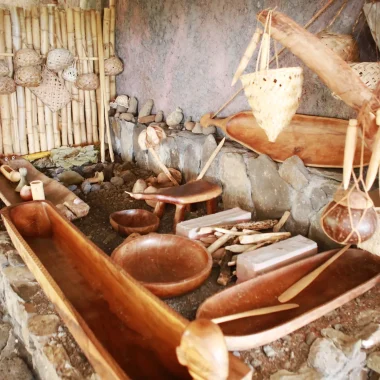
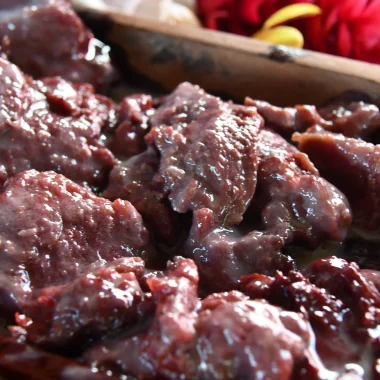
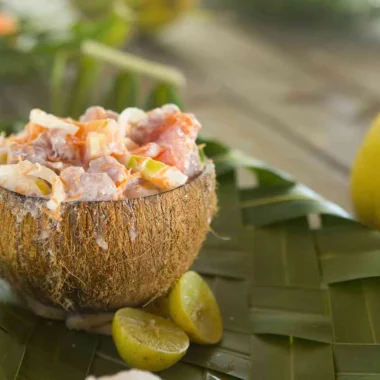

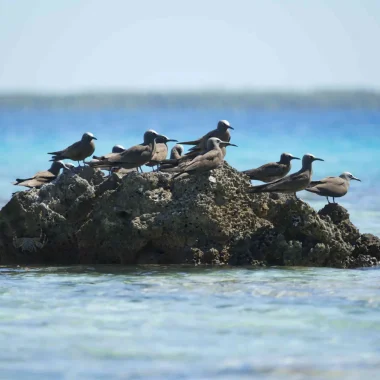
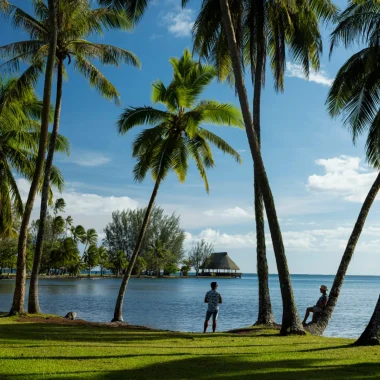


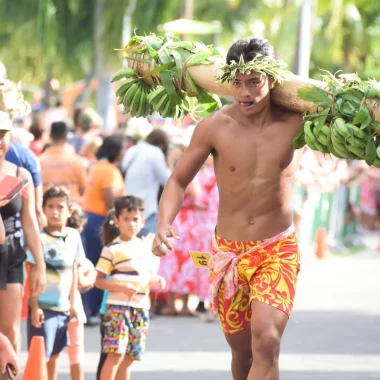
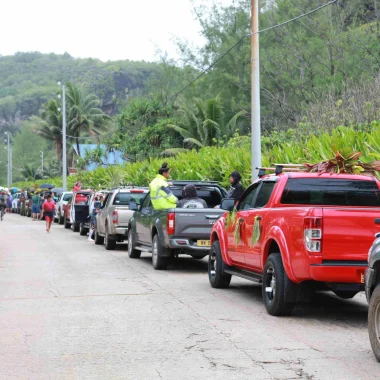
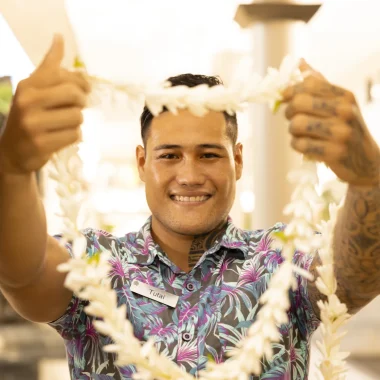
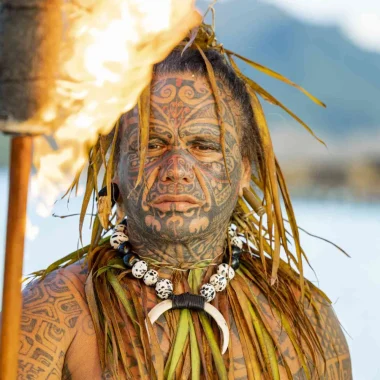
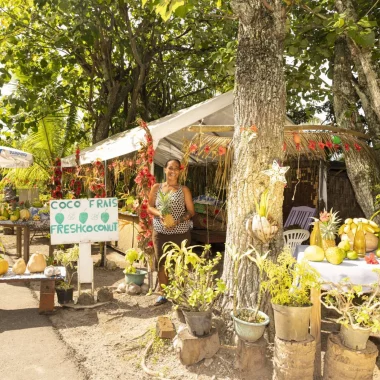
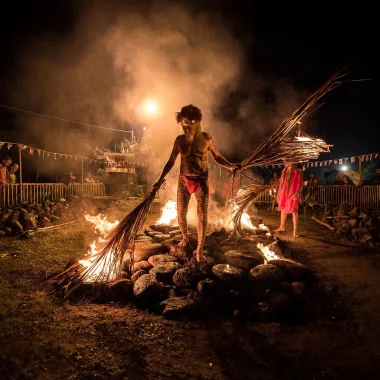
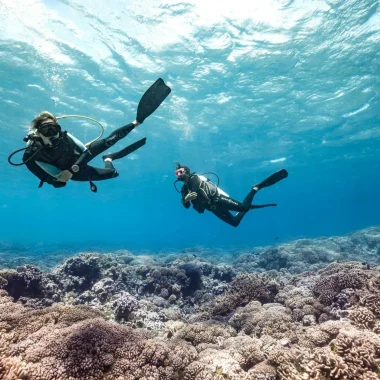
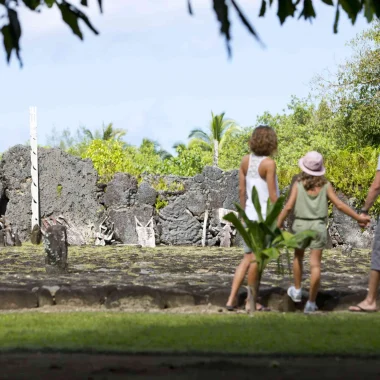
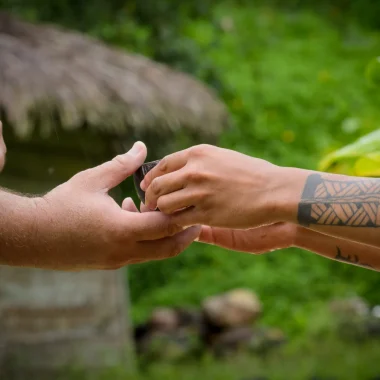
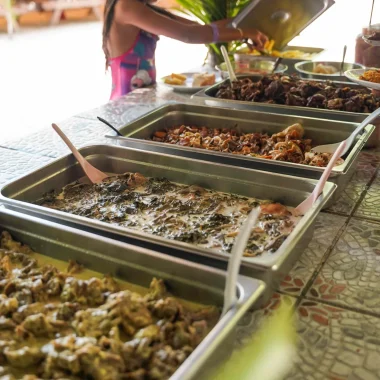
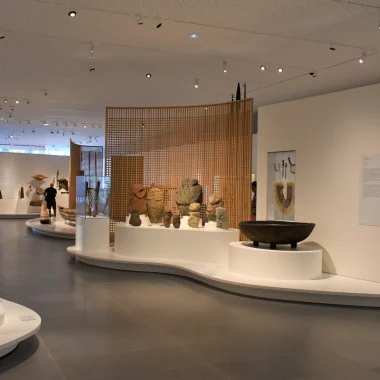
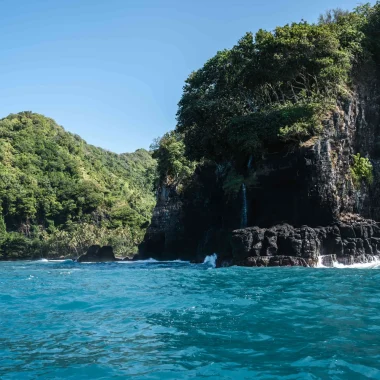
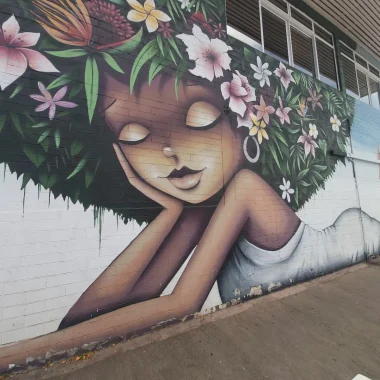
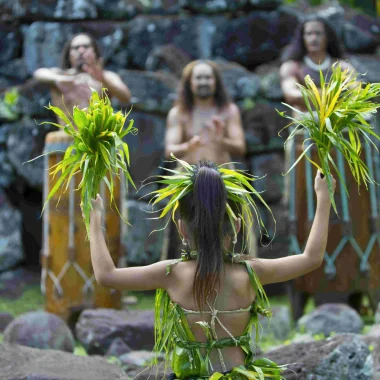
 América del Sur
América del Sur
 Australia
Australia
 Belgique
Belgique
 Brasil
Brasil
 Canada (EN)
Canada (EN)
 Canada (FR)
Canada (FR)
 Deutschland
Deutschland
 España
España
 France
France
 Italia
Italia
 Mexico
Mexico
 Polynésie française
Polynésie française
 New Zealand
New Zealand
 Schweizerisch (DE)
Schweizerisch (DE)
 Suisse (FR)
Suisse (FR)
 United Kingdom
United Kingdom
 United States
United States
 한국
한국
 中国
中国
 日本
日本